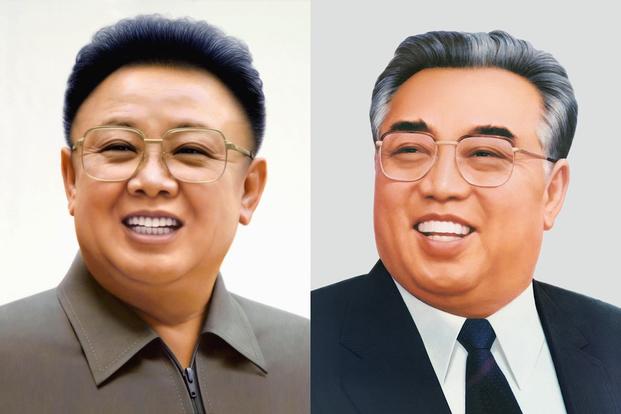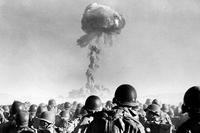North Korean leader Kim Jong Un celebrates his 35th birthday on Jan. 8. This milestone would make him old enough to be elected president of the United States -- except for the whole "born in a foreign country" thing. It also means he shares a birthday with Army veteran Elvis Presley.
Kim Jong Un's grandfather, Kim Il Sung established the family dynasty, and he's the subject of the first episode of a new PBS series called "The Dictator's Playbook." The show premieres Wed, Jan. 9, at 10 p.m. ET on PBS. As always with public TV, check your local listings.
Kim Il Sung went from guerilla fighter to supreme leader and created a dynasty that's survived three generations with few signs of weakness. His grandson studied his methods, and North Korea continues to have an outsized impact on world affairs.
Future episodes of the series, which focuses on the world's most notorious dictators, will profile Iraq's Saddam Hussein, Italy's Benito Mussolini, Panama's Manuel Noriega, Spain's Francisco Franco and Uganda's Idi Amin. These leaders' tactics included controlling their society's elites, creating a culture of fear, controlling the press, creating a common enemy, utilizing propaganda, instituting firm indoctrination of their beliefs and creating a myth to justify governance.
A recurring theme in the series is how these men influenced each other, using techniques that they copied and shared to prop up their oppressive regimes. The series explores the "playbook" that helped them seize and maintain power.
"These dictators were all unique in time and place," said Michael Rosenfeld, vice president for national programming at Twin Cities Public Television, producer of the series. "But they engaged in tactics that transcended borders and decades, sometimes even learning from one another. Each hour in the series is a detailed biography, but we highlight the methods these men used to establish their dictatorships, from purges to propaganda to targeted violence. And we explore the impact on the people who lived under these regimes, who often paid a terrible price."





